Nursing
Angels with stethoscopes.
Help save lives with a caring, gentle heart.
Type
Healthcare
Length
4 years
Start date
01.09.2021
Internship
Laboratory training
Hospital training
General Info
TYPE
Hospitality
LENGTH
4 years
START DATE
01.09.2021
INTERNSHIP
Laboratory training
Hospital training
four-year course that answers the demands for health care services of individuals of all
ages, color and creed. It focuses on the promotion of good health, disease prevention
and cure, mitigate suffering, and provide end-of-life care that is safe, humane, and
holistic.
At the end of the course, the student is equipped with the knowledge, and the practical
and interpersonal skills to navigate the complex medical field and has a wide array of
job opportunities across different institutions.
About the Nursing study programme
Structure and content
The College of Nursing envisions itself as a center of excellence in the field of nursing
education. It is founded on a strong liberal arts and sciences education with
multidisciplinary approach committed to provide a system of education that develops a
caring, compassionate, competent and committed professional nurse who is globally
competitive.
A quick view of SACI’s nursing programme will give you an idea of how a professional
nurse can rise above the limits of the nursing profession to becoming a leader in the
field.
The BSN Program aims to prepare the student to possess the competencies expected
of a well-rounded professional nurse namely:
- Safe and quality nursing care
- Management of resources and environment
- Health education
- Legal responsibility
- Ethico-moral responsibility
- Personal and professional development
- Quality improvement
- Research
- Record management
- Communication
- Collaboration and teamwork
The programme consists of the following:
- General Education Courses (GEC)
- Professional courses
- Elective courses
- Internship/ Related Learning Experiences (RLE)- (51 hours-408 hours/ semester/ level)
Core competences
- Apply knowledge of physical, social, natural and health sciences and humanities in the practice of nursing.
- Perform safe, appropriate, and holistic care to individuals, families, population groups, and community utilizing nursing process.
- Apply guidelines and principles of evidence-based practice in the delivery of care.
- Practice nursing in accordance with existing laws, legal, ethical, and moral principles.
- Communicate effectively in speaking, writing, and presenting using culturally appropriate language.
- Report/document client care accurately and comprehensively.
- Collaborate effectively with inter-, intra-, and multi-disciplinary and multi-cultural teams.
- Practice beginning management and leadership skills using systems approach in the delivery of client care.
- Conduct research with an experienced researcher.
- Engage in lifelong learning with a passion to keep current with national and global developments in particular.
- Demonstrate responsible citizenship and pride in being a Filipino.
- Apply techno-intelligent care systems and processes in health care delivery.
- Uphold the nursing core values in the practice of the profession.
- Apply entrepreneurial skills in the delivery of nursing care.
General Education Courses
BSN students follow the same general education courses (GEC) offered by the College of Arts and Sciences and is aligned with the following health-related programs:
- Dentistry
- Medical Technology
- Medicine
- Nutrition and Dietetics
- Occupational Therapy
- Optometry, Pharmacy
- Physical Therapy
- Public Health
- Radiologic Technology
- Respiratory Therapy
- Speech-Language Pathology.
- Social Sciences (Anthropology, Psychology, and Sociology)
Professional Courses
The professional courses are spread across the first to fourth year levels. These include nursing concepts from lectures and Related Learning Experiences (RLE).
Electives
Electives supplement the general education courses and/or the professional courses of the program.
Internship
The intern studies and works in a clinical setting under the supervision of a qualified instructor. The intern is expected to learn the following:
- Practical and specialized clinical skills.
- Patient care
- Clinical management
BSN requirements
To enroll for the degree of Bachelor of Science in Nursing applicant must have
completed Senior High School.
Passing the Board
After graduation, the graduate is required to pass the Nursing Licensure Examination
(NLE) given by the Professional Regulations Commission to practice the profession.
Teaching methods
Teaching methods in the College of Nursing consists of the following:
- Classroom lecture,
- Skills with return demonstration, and
- Related Learning Experience that includes actual clinical duty handling actual patients.
The program is a combination of theory, clinical duty with the supervision of a clinical instructor and independent studies.
Course overview
The outcomes expected to be achieved at the end of the specific year level are as follows:
- First year: At the end of the first year, given stimulated situations in selected settings, the learners demonstrate basic nursing skills in rendering safe and appropriate care utilizing the nursing process.
- Second year: At the end of the 2nd year, given a normal and high-risk mother and newborn, child, family, communities, and population groups in any health care setting, the learners demonstrate safe, appropriate, and holistic care utilizing the nursing process.
- Third year: At the end of the third year, given individuals, families, population groups, and communities with physiologic and psychosocial health problems and maladaptive patterns of behavior in varied health care settings, the learners demonstrate safe, appropriate, and holistic care utilizing the nursing process and applying research and evidence-based practice.
- Fourth year: At the end of the fourth year, given groups of clients (individuals, families, population groups, and communities) with health problems and special needs, the learners demonstrate safe, appropriate, and holistic care utilizing the nursing process and can assume first level entry positions in any field of nursing.
Internship
The student nurse intern studies and works under the supervision of a qualified clinical instructor/preceptor, who support and guide the intern in clinical setting. Internship is designed with specific number of hours in the clinical area with concurrency in the required academic courses. It serves as a guide in developing basic and specialized nursing skills.
Clinical exposure starts from second year, 1st semester until the 2nd (last) semester of fourth year.
The BSN Related Learning Experiences provides an intensive nursing practicum that will refine further the nursing competencies to ensure achievement of the BSN program outcomes required of an entry level nurse.
Fees and tuition
Fees and Tuition
For information on tuition fees, you may contact the finance department at the
following:
Direct line (8)712-3230, 0966-844-9418
or send them an email at: saciph2012@yahoo.com
Payment Methods
Pay at the SACI Accounting Office following corona virus disease prevention protocols
or,
Pay via online banking
Career Opportunities
The BSN program ensures the achievement by the graduate of all the required courses
as an entry-level nurse. It includes sets of competencies as related knowledge, skills,
and attitudes that all graduates are expected to demonstrate.
The successful examinee will be able to assume entry-level position in health care
facilities or community settings. As nurse generalists, they can assume the roles in client
care, leadership, management and research. Beyond the beginning role, the nurse can
pursue any of the following career options: Advance Practice Nursing, Public Health
Nursing, Nursing Education, and Leadership and Governance.
Advance Practice Nursing includes the following role but not limited to:
- Ambulatory Care
- Cardiovascular Nursing
- Emergency Care Nursing
- Enterostomal and Wound Care Nursing
- Entrepreneurial Nursing
- Gerontology Nursing
- Hospice/Pallative Nursing
- Nephrology Nursing
- Neurologic Nursing
- Nursing Informatics
- Oncology Nursing
- Orthopedic Nursing
- Renal Nursing
- Telehealth Nursing
Contact
Tel: (02) 87128423
E-mail: saci_con47@yahoo.com
Facebook: Saci Con

Andrea R. Bulayungan
My education at SACI has allowed me to begin a fulfilling career as a Licensed Physical Therapist. I have been given the opportunity to do my internship program in some of the busiest DOH/ Government hospitals in the country and to learn various rehabilitation practices and skills. Within the course I was able to build a foundational understanding that I was able to use during my practice.
Moreover, my professors helped arose my curiosity and desire for continued learning.
Overall, I am proud to be an alumna for it helped me shape my career and the person I am today.
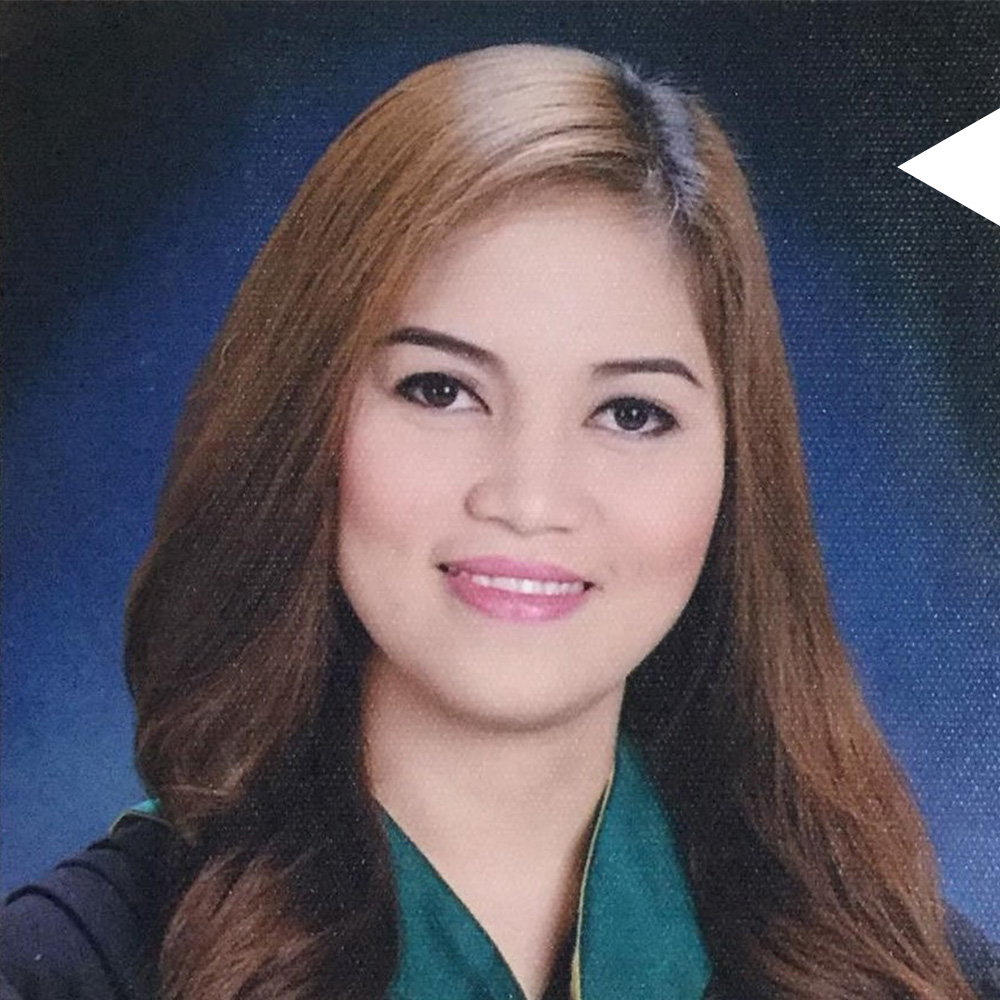
Chevy N. Gumera
As a graduate of SOUTHEAST ASIAN COLLEGE INC. I can say that they truly serve their mission, to give education of the highest quality. Lots of things was taught to us that made us, US today.
I am thankful for all the knowledge and skills they’ve instilled in us to become professionals not only in the aspect of being a clinician but also an educator.
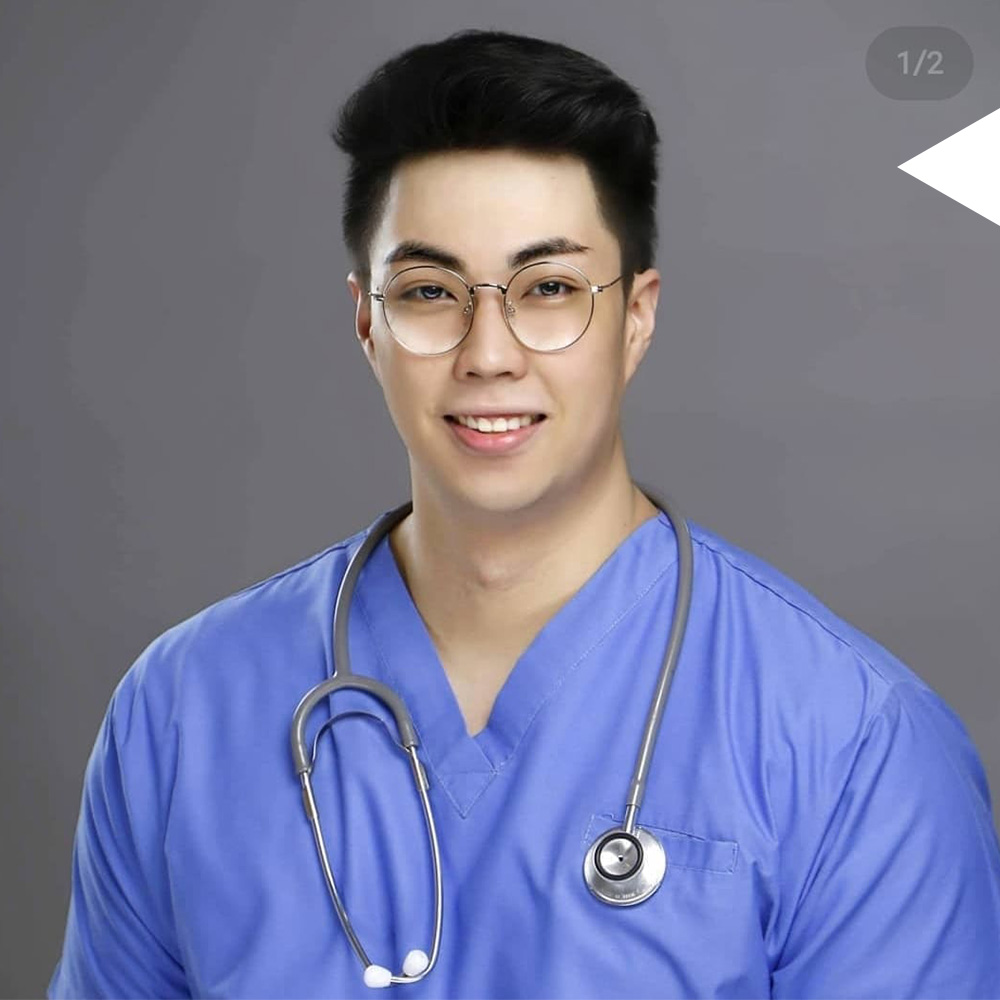
Clarence Christian G. Esparaz
The College of Physical Therapy in Southeast Asian College Inc. was a blessing in disguise for me in terms of speaking from the perspective of a transferee student from another PT school because unlike the previous school, SACI was a very homecoming experience for me. The professors are what makes the college incredible and outstanding. They were not just instructors or lecturers I saw them as people who really are passionate about their students achieving their dreams as professionals in their respective fields.
I will always keep them in my heart as the professors whom I will always respect and admire for without them I wouldn’t have become a college degree holder nor a licensed Physical Therapist today.
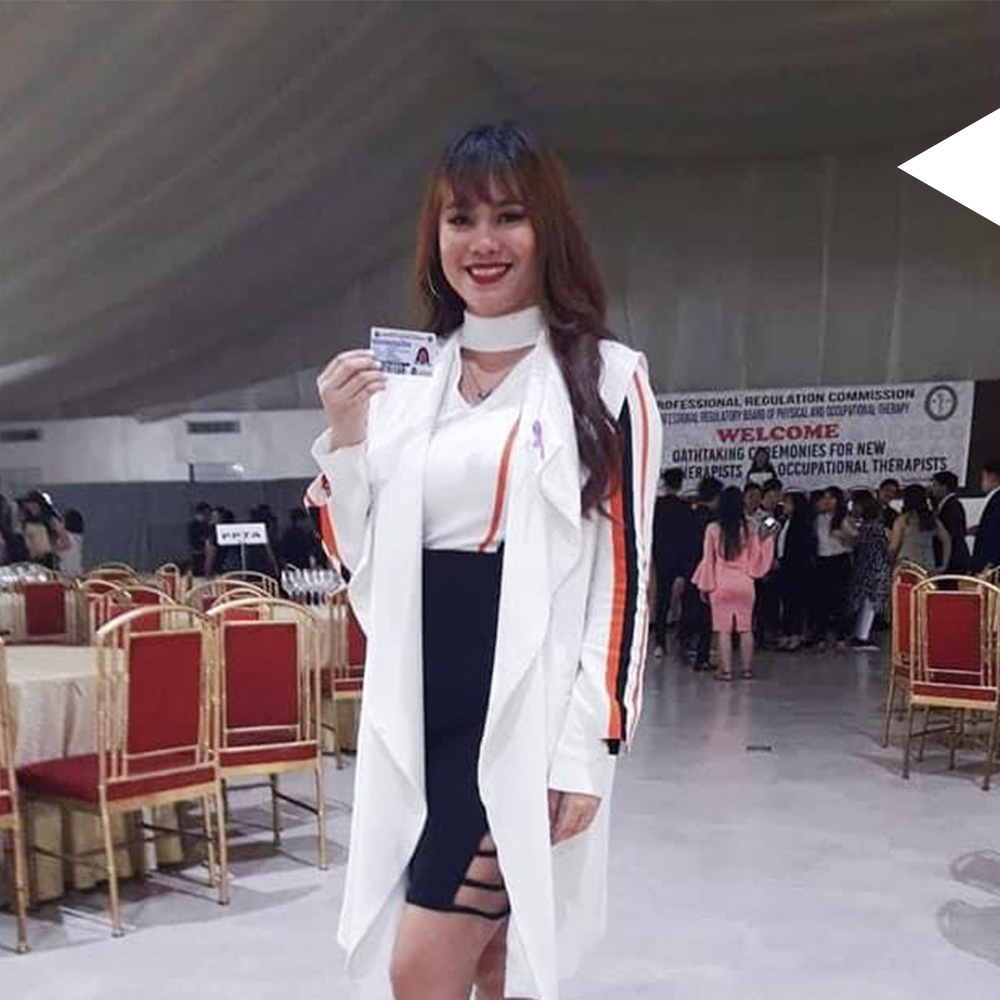
Isabelle Lourdes H. Antonio
SACI College of Physical Therapy is not just a school or a department for me. It is a home where I felt safe to hone every bit of my skills, knowledge and talent. Our department built the best foundation of what I am today, what I have achieved, and what I will soon become in the future.
I wouldn’t be an amazing licensed physical therapist without the professors who helped me in every step of the way. I can clearly remember during my review for the board exams, my professors would allow me to sit in their class so I can review better.
And now, I finally have my very own clinic at the same time teaching in the academe. I am more than excited to share that I have treated some celebrities immediately after I got my license! Never in my wildest dreams have I ever thought I would come this far.
Aside from the technical aspect of the profession, I also was able to use my other talent which is in the arts. I would always do free make up for our department’s candidate in the Ms. SACI pageant. I always looked forward to that activity of the school year which had become my favorite part being able to express my artistic talent without any hesitation.
SACI was surely my best training ground.
The professors were the best support system not just in my profession, but also in my personal growth and with the talents I have. I am very thankful for them. They were with me in my every milestone, since I entered college and up until now.
Now that I am also a professor in the academe, I still look up to them and collaborate to produce amazing professionals like I am.
I can not thank Southeast Asian College and my beloved professors enough for the fantastic job they selflessly did for me.
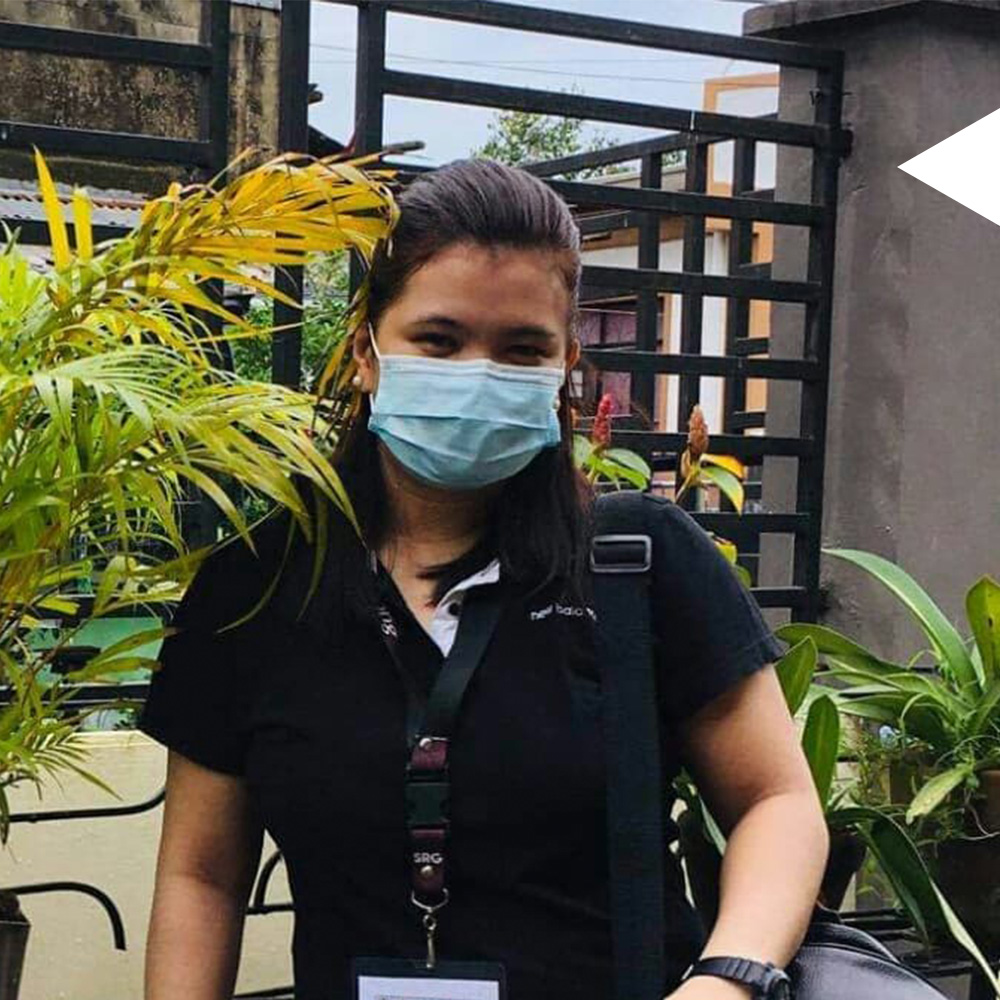
Kris Sheva O. Sulivas
Southeast Asian College Inc. is one among those unique Institutions. SACI and Faculties provides high standard of education. They help students achieve their goals and build careers. They also enhances distinctive competencies and skill sets that help students grow their professional life in an exponential pace.
No doubt, I made the best choice. I am now a Licensed Physical Therapist and now works as a private PT with knowledge and skills necessary and important to provide my patients with the highest quality of care.
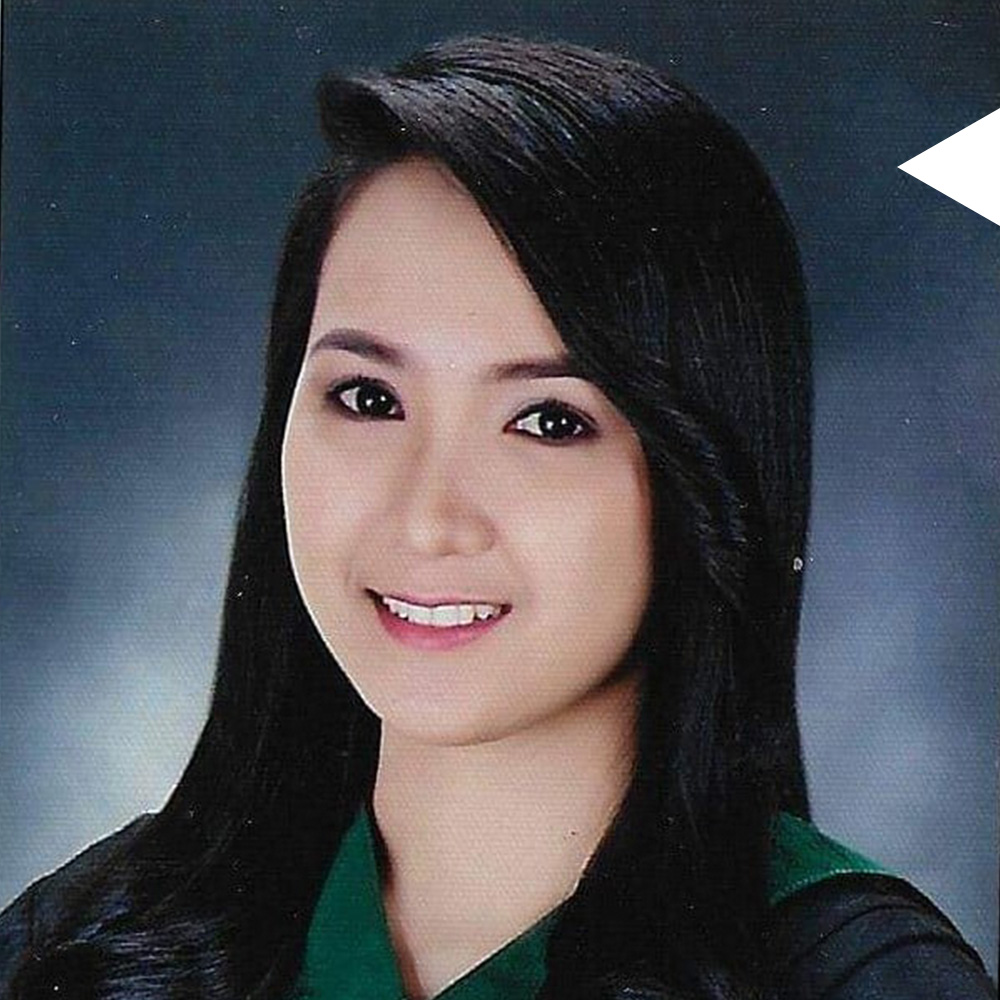
Liezel Anne A. Garcia
Being enrolled in BSPT program was not really my choice. But as I continued the journey with the help of our PT professors, who actually cared about our progress and didn’t mind going extra mile to help us out, I finished the program. I was able to appreciate the intricacy of the design and functions of our human brain and the other systems of our body.
I am now a Licensed Physical Therapist, and I am currently using the knowledge I obtained from the program to provide excellent care, improve strength, mobility, function and recapture lives before injury.
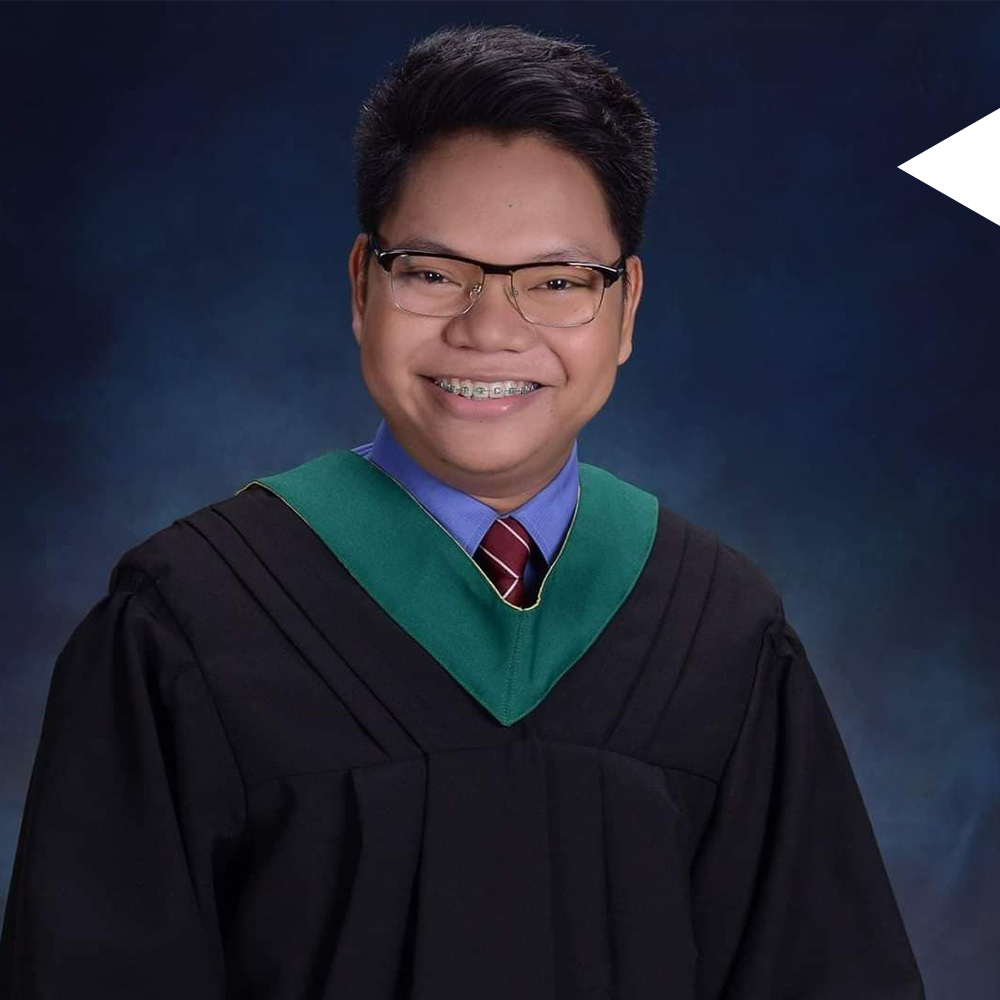
Rexmon M. Gorospe
Fresh from the Mindoro province with my high school diploma, I came here to Manila with no idea what I was going to be. My father is a farmer and my mother is a housewife from Occidental Mindoro.
We didn’t know that application for colleges and universities start at least 6 months prior to the next school year and classes was about to start then. Fortunately, my nurse Aunt who is an alumna of Southeast Asian College Inc helped me apply at her Alma Mater and I got in the College of Radiologic Technology, the flagship program of SACI, having a history of topping the board and competent and topnotch professionals in the field.
But sooner I decided to shift to Physical Therapy which could better prepare me for my dream to become a medical doctor, PT having anatomy and physiology subjects. I remember, one of my classmates at that time told me that I should have been in big universities like UP or UST. Things happened for a reason. SACI might not be the best school out there but SACI has a tight community and the teachers are really compassionate and kind. They take care of the students and cater the schedule for irregular students. They reward hard working students with academic scholarship which I was able to enjoy during my college years.
Eventually I passed my board exam and before I went into medical school, I taught anatomy and physiology as an assistant professor in SACI’s PT department. Teaching is my way of giving back to my alma mater. I am now a 3rd year medical student at University of the East Ramon Magsaysay Memorial Medical Center Inc. (UERMMMCI).
Wherever school you graduate from, what matters most are your character and grit not to give up. Who would have thought that me from a remote barrio in Mindoro would be a future doctor in the making.
